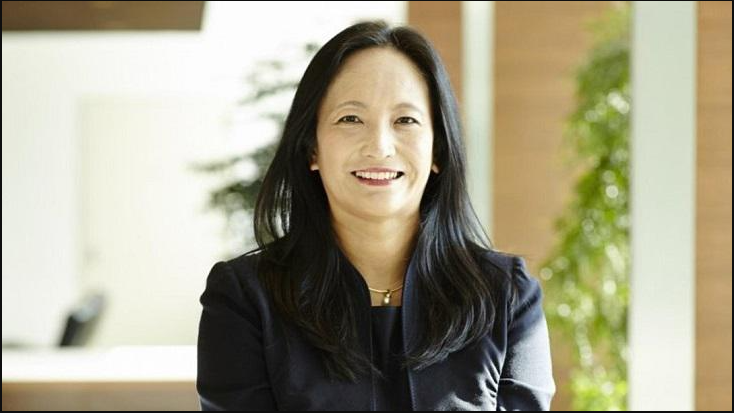It’s a question I have written and spoken about frequently over the past several years: with all the great talk about diversity, equity, and inclusion, why haven’t we made more progress in the business world? Why does it feel as if we’ve hit a ceiling, even after managing to push the issue higher up on the CEO agenda?
Maybe it’s time to reimagine our approach. DEI initiatives have traditionally segmented people into distinct groups and assumed that those identities defined the workplace experience. But we’re all made up of a multiplicity of identities. A Black employee can also be an LGBTQ employee, as well as the caregiver of an elderly parent. A white male employee might have a physical disability and be juggling work visa considerations.
There are two major problems with the conventional demographic categories we’ve grown used to. First, companies reinforce a majority-versus-minority mindset, fueling divisiveness among the workforce. And second, we end up ignoring huge cohorts of the workforce who could benefit from greater DEI in the workplace.
We need to move from the traditional DEI approach to one that considers the reality of today’s employees, people with varying needs that affect their job experience, performance, and satisfaction. This means:
· Reframing why DEI benefits the organization
· Resetting who should be the focus of DEI efforts
· Reinventing how to develop solutions
If we rewrite the rules of the workplace, we can finally enable each employee in the organisation to thrive—which will be good news for the success and sustainability of the business.
Full article here.

Miki Tsusaka
Senior Partner and Managing Director, The Boston Consulting Group
Miki Tsusaka is a founder of the global Marketing, Sales & Pricing practice at Boston Consulting Group. Prior to her current role, Miki held the role of BCG's global Marketing, Sales & Pricing practice leader and led BCG’s post-merger integration work.
Since joining BCG in Japan in 1984 and later spending 20 years in the firm's New York office, Miki returned to Japan in 2008 to work with a wide range of clients, primarily in the consumer goods and retail sector as well as other consumer-facing B2C businesses, including financial services, insurance, and technology and media companies.
In her work with clients, she has consulted on a wide array of issues, such as growth, profit enhancement, transformation, digitization, and organization redesign.
Unlock your people’s potential today
Enter your details to stay up to date with the latest news events and program updates.





